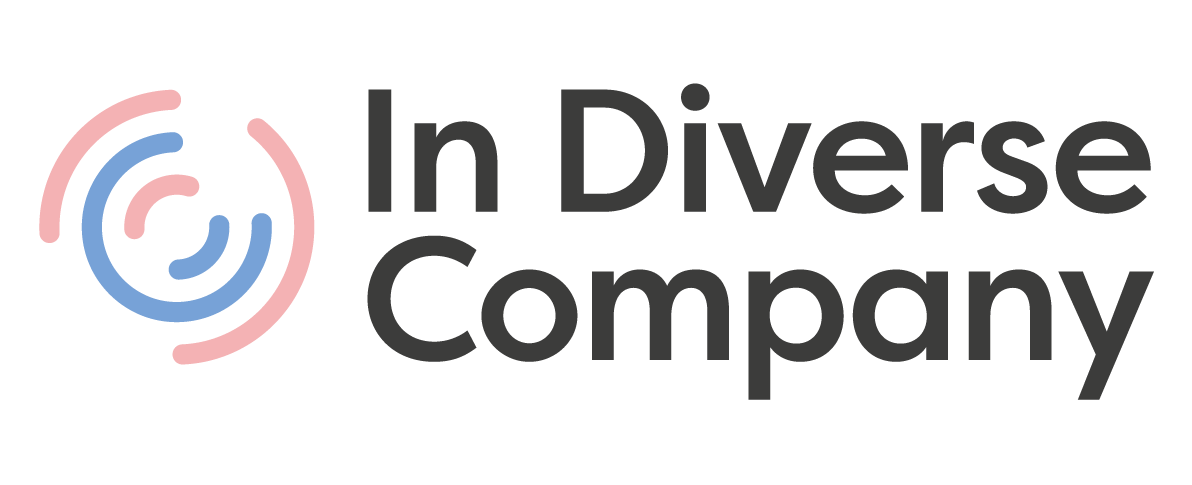As a way of marking National Inclusion Week, we wanted to share with you some of our learning from designing our Bias and Belonging programme.
We hear time and time again of organisations buying expensive Unconscious Bias programmes as a way of ‘ticking the box’ of inclusion and hoping that some form of magical transformation will take place. So, we were determined to create something different, that did more than raise awareness in the short term, and instead used human psychology to help people understand their behaviours and attitudes.
A lot of people who go through Unconscious Bias programmes feel that they are being reprimanded for having and using their biases to make decisions. As the increasingly popular retort to this goes ‘if you are human, you have biases’. And the data backs this up – a recent piece of research by Gartner found that 82% of organisations are offering Unconscious Bias training, however they found that other than short term awareness-raising it was largely ineffective as:
- they tend to focus on attitudes rather than behaviours
- they require significant effort from those participating in the programmes – however most programmes were a one-off exercise of 2 or 3-hours that didn’t allow for depth or challenge
- the impact rapidly diminishes over a short period of time.
Coupled with this, Unconscious Bias programmes are notoriously expensive and carry a strong feeling of resistance and negativity for those ‘invited’ to attend.
As a business in the market of developing D&I programmes, why are we raising these concerns? This is because we set IDC up with a strong philosophy about what we wanted to achieve and how we would go about this. Our mission is to build inclusive cultures in organisations, globally. Our approach is to work in partnership to foster a deep understanding of the topic along with committed behaviour change achieved through incremental commitment to changing individual and team habits. And it’s on these ideals that Bias and Belonging has been built.
The programme is intended for everyone in the organisation so that everyone is learning together, helping to create a movement in both mindset and actions. It is also intended that the learning will be digested over the period of approximately a year – depending on the size and reach of the organisation we are working with. This allows us to really tap into people’s psychology on the subject; awareness and commitment is built over time, allowing people to both reflect on the learning and notice what is happening around them. This also allows people to identify and develop habits that can be practised and embedded in a practical and applied way.
Within the content of the programme, we explore bias – and we do this from an objective point of view. Creating environments where people can be honest in learning about their biases, why they have formed them, how they are served by them and what their impact might be. This is then coupled with theory and personal learning about belonging and identity. To create inclusive teams and therefore inclusive organisational cultures, people must understand and talk about their sense of belonging and how they identify. A progression from using the traditional ‘big ticket’ diversity labels, and instead looking across the board at their identity as members of their community, their socio-economic position, groups they identify with and those that they don’t. This not only supports learning on the topics, but also starts generating a culture where expressing yourself, your views and your uniqueness is not just acceptable, but part of ‘business as usual’.
This all sounds quite serious and heavy-duty; however, we like to have fun. So, we have included elements into the programme that dip into people’s creative flow and invites them to take part in real-time ‘experiment labs’ to not just understand but also to experience with some of the psychological theory we are covering.
We are confident that the research and approach that we are using will have far greater and longer-term impact on both the individual and the organisation.




